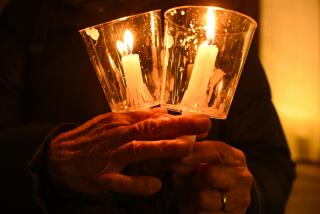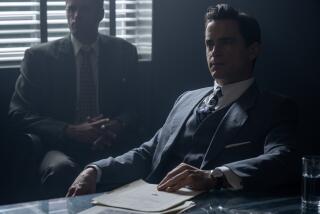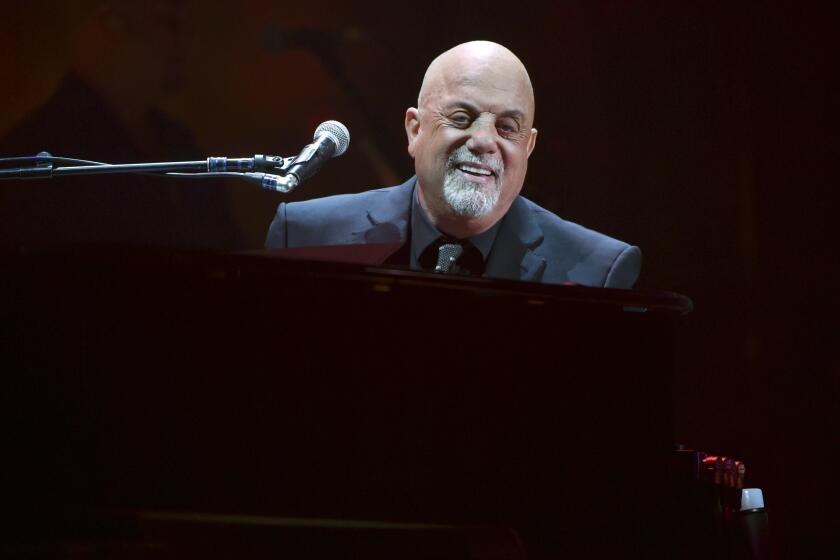A passport to peril
I Wouldn’t Start
From Here
The 21st Century
and Where It All Went Wrong
Andrew Mueller
Soft Skull Press: 472 pp., $16.95 paper
A droll rock journalist turned travel writer, Andrew Mueller spent most of the first decade of the 21st century heading to places nobody wants to go: Baghdad, the West Bank, Serbia, Beirut, Bosnia, Libya. Australian by birth and Londoner by choice, he’s written about his trips for British newspapers and music magazines.
This book skips over most of the sensuous details of travel writing -- exquisitely described meals, enviable hotel rooms -- substituting tales of death-defying drivers and detailed descriptions of border checkpoints. Mueller wants to know why conflict is intractable in some regions and not in others. His sardonic, self-deprecating perspective makes for unstuffy company.
He is equally exasperated by aggressors (he calls the Taliban “barmy”) as he is by those who would make saints of their victims. “It is not blaming the victim,” he insists, “to occasionally ask the people whose societies are pushing their communal handcart to hell if they’ve considered that there might be better ways of dealing with their problems than ethnic hatred, religious mania, violence and collective sulking.”
Mueller, indeed, does ask questions like this (obvious, dumb and big) to a leader of Hamas, to the supervisors of peace in Northern Ireland and Bosnia-Herzegovina, to soldiers and shopkeepers. He must have a marvelously amiable demeanor, because in these dangerous places, many with little care for legalities or journalists, he gets thrown in jail only once.
That’s in Cameroon, where he meets with an illegal opposition group that supported breaking off two English-speaking provinces from the rest of the nation. As with all the conflicts in the book, the story is more complicated than it seems; Mueller is still not certain if his arrest, which went from pleasant to somewhat frightening, was all a gambit to get the opposition group some international airtime.
Mueller’s observational stance cracks in this chapter, as his personal life -- a lover’s departure is about to plunge him into an emotional abyss -- parallels his crisis on the ground in sub-Saharan Africa. This candor is refreshing, surprising even, for a book that at times feels like a wise exploration of international affairs from a practiced wiseass.
In 2000, Mueller wrote of the inspiration he found in a peaceful Jerusalem, which, before his piece had a chance to run, would explode into the second intifada. The book begins here and follows a downward arc, from hope to chaos, or perhaps from naiveté to detailed awareness.
But meeting young activist allies from Eastern Europe, who seed their political seriousness with marketing savvy and absurdist humor, interrupts this trajectory. Mueller finds them so inspiring that his peripatetic journey takes form; their hope is, for him, a kind of secular grail shining light on our darkening world.
Kellogg is lead blogger for Jacket Copy, The Times’ book blog.
More to Read
The biggest entertainment stories
Get our big stories about Hollywood, film, television, music, arts, culture and more right in your inbox as soon as they publish.
You may occasionally receive promotional content from the Los Angeles Times.







